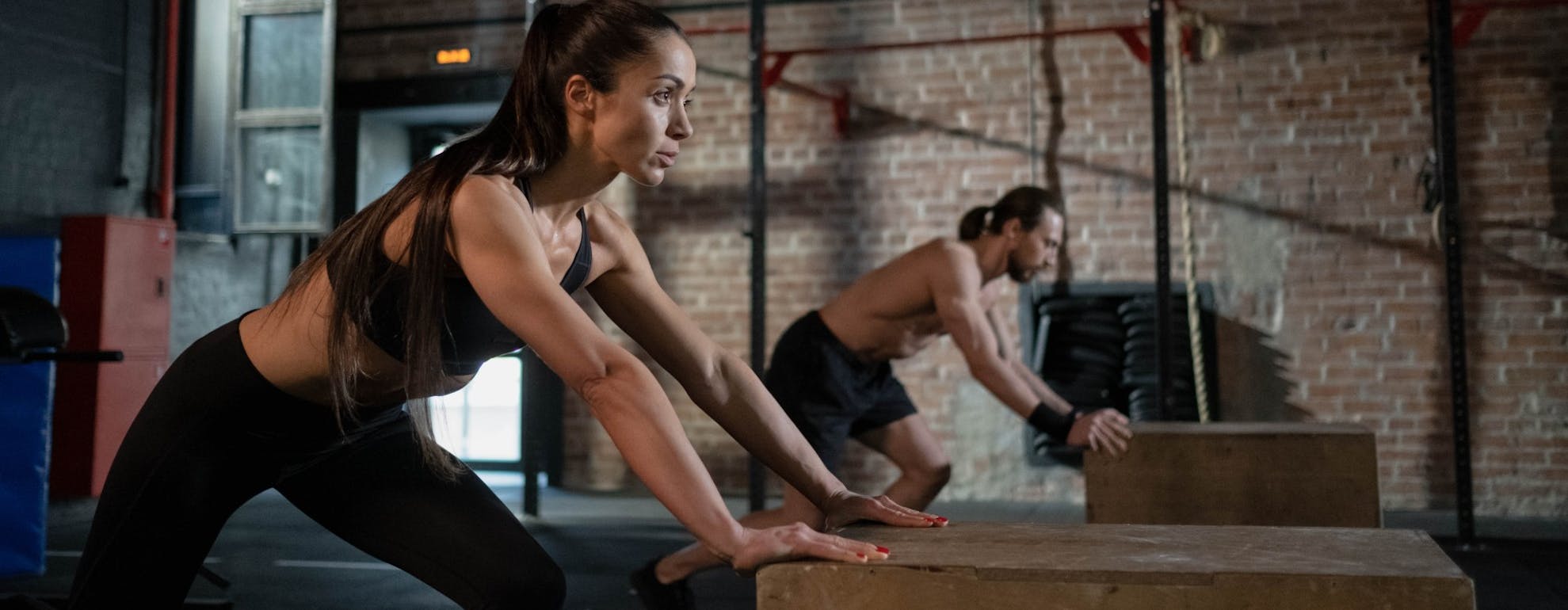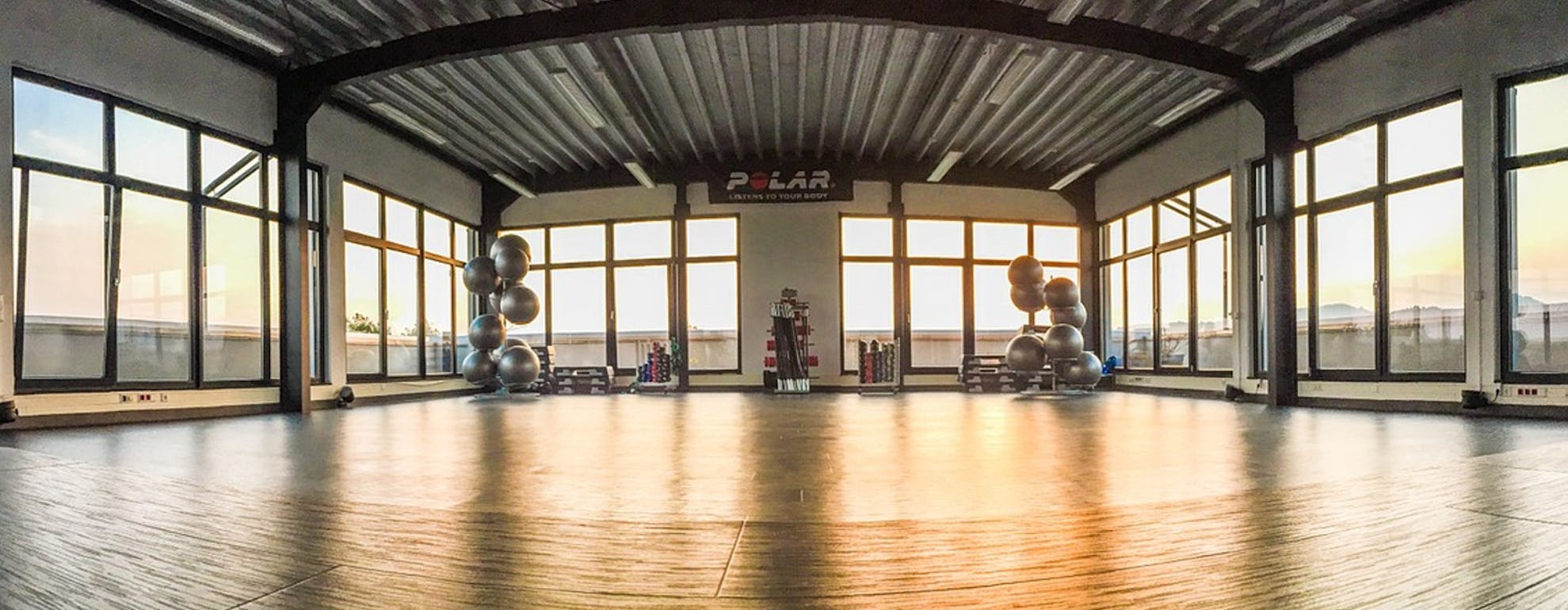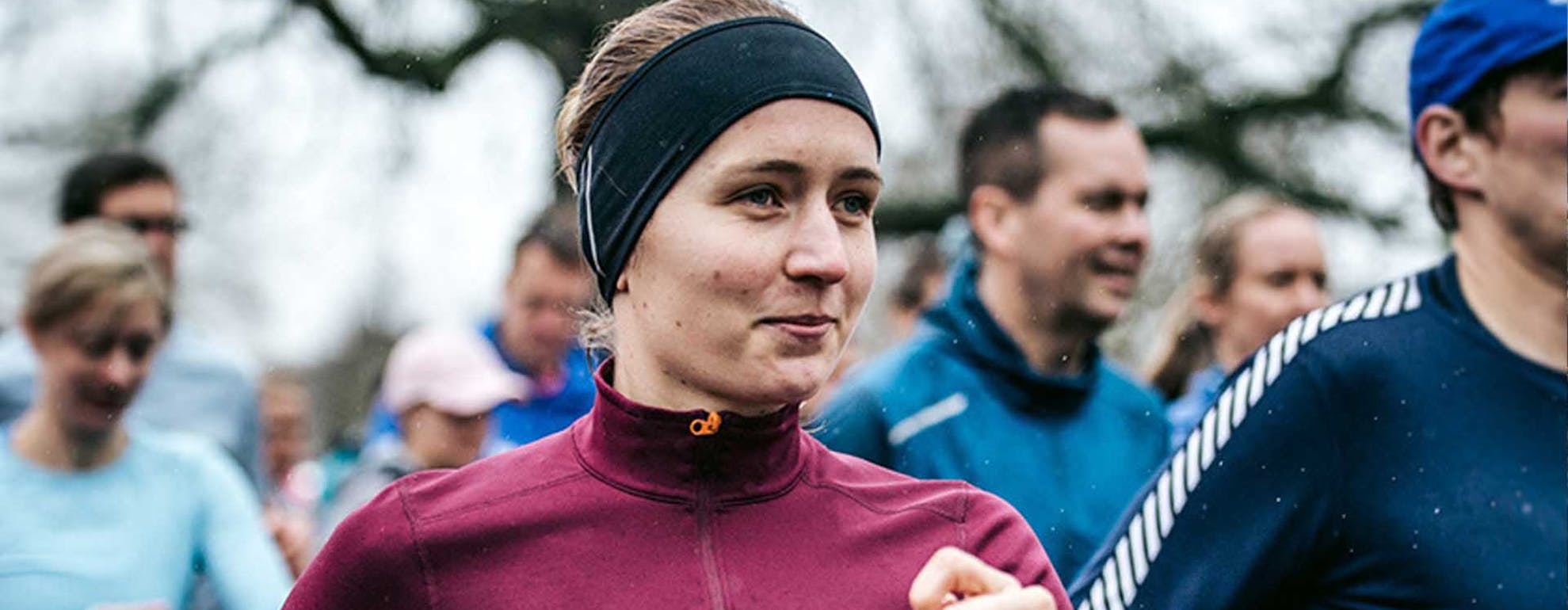
The Benefits of Plyometric Training for Runners
Physiotherapist Hollie Maskell explains how plyometric training can help take your running performance to new heights.
ㅤ
WHAT IS PLYOMETRIC TRAINING?
Plyometric training, often referred to as "plyos" involves explosive movements that target fast-twitch muscle fibers. These exercises are designed to improve your ability to generate maximum force in a short amount of time. Some common plyometric exercises include box jumps, squat jumps, burpees, and skipping.
ㅤ
ㅤ
WHY SHOULD RUNNERS EMBRACE PLYOMETRICS?
Whether you're a seasoned marathoner or just starting out on your running journey, incorporating plyometrics into your training routine can provide a significant boost to your speed, power, and overall performance.
Increased Running Economy: Plyometric training enhances your body's efficiency in using oxygen while running. By improving your leg strength and power, you can maintain a faster pace with less effort, ultimately leading to better race times.
Enhanced Power and Speed: Plyometric exercises develop explosive strength, which is vital for sprinting, hill running, and finishing strong in races. The improved power can help you surge past your competitors or tackle challenging terrain.
Injury Prevention: Plyometrics build the strength and power in muscles and tendons. A stronger body is better equipped to handle the repetitive stresses of running overall reducing the risk of injury.
Improved Running Form: Plyometric training helps runners develop better coordination and proprioception. This can lead to improved running mechanics, helping you maintain proper form and reduce the risk of overuse injuries.
ㅤ
ㅤ
HOW TO INCORPORATE PLYOMETRICS INTO YOUR TRAINING
Start Gradually: If you're new to plyometrics, begin with low-impact exercises and gradually progress to more advanced ones.
Frequency: Aim for one to two plyometric exercises per week within your strength workouts, depending on your fitness level and training goals. You can then gradually progress these exercises by increasing reps and complexity of movement.
Rest and Recovery: Give your body adequate time to recover between plyometric sessions. Muscles need time to repair and grow stronger.
Consult a Coach: Consider working with a running coach or fitness professional to develop a personalised plyometric training plan tailored to your specific goals and needs.
ㅤ
ㅤ
SAFETY FIRST
Always warm up before plyometric exercises, use proper form, and listen to your body. If you have any pre-existing injuries or medical conditions, consult a healthcare professional before starting a new training regimen.
Incorporating plyometric training into your running routine can yield tremendous benefits, helping you become a more efficient, powerful, and injury-resistant runner. Remember that consistency and patience are key, and over time, you'll see the positive impact on your running performance.
Stay tuned for more running tips and advice. Happy running!
All images by Cottonbro Studio
ㅤ

ㅤ
ABOUT THE AUTHOR:
My name is Hollie Maskell, a Specialist Musculoskeletal Physiotherapist. I have been qualified for 7 years now, previously working in the NHS and now working privately across London and Surrey. When the Covid-19 pandemic hit I was redeployed from what most would consider traditional physio the specialist cancer units where I was focused on respiratory treatments.
During this time I was aware a lot of patients were no longer getting the treatment they needed for muscular or joint injuries and I wanted to continue helping people with injuries. To share as much free material as possible and to provide people with simple injury tips.
Fast-forward 3-years and I continue to share injury tips but have focused on runners as I am a keen runner myself and treat mainly running related injuries. My mission is to help people get back to running as quick as possible and ensure they prevent injury.
You can follow Hollie here on Instagram for more advice on injury prevention and recovery.
You can also visit her website to book a physio appointment.
ㅤ
Looking for some training tips and advice? Then head over to our Training category where our athletes and experts explain everything you need to know.
Welcome
Welcome to the SportsShoes Training Hub! We’ve teamed up with athletes and experts to bring you the very best advice on how to maximise your workouts and achieve your best results.
Read More
Share this
Featured Articles
View All






